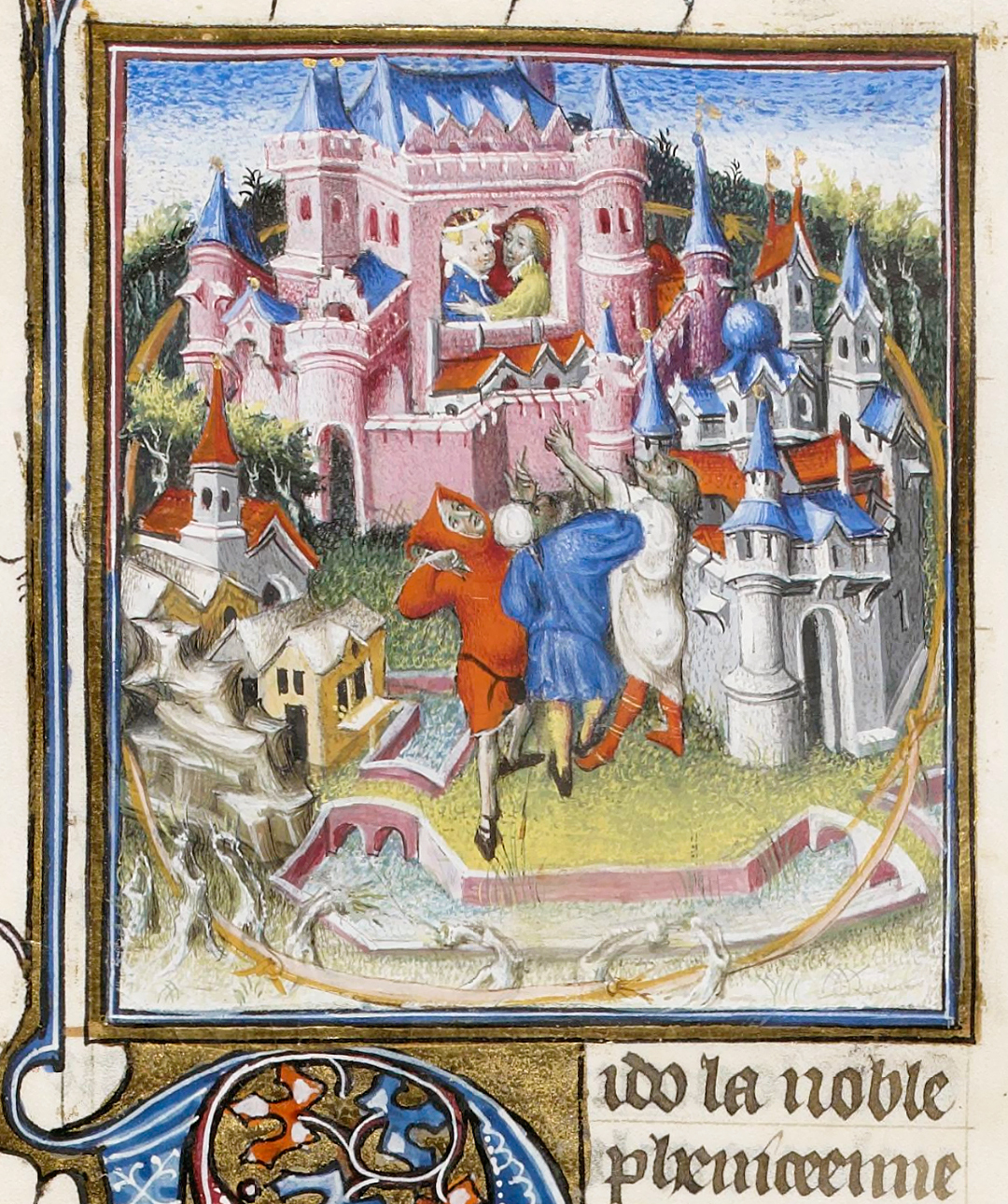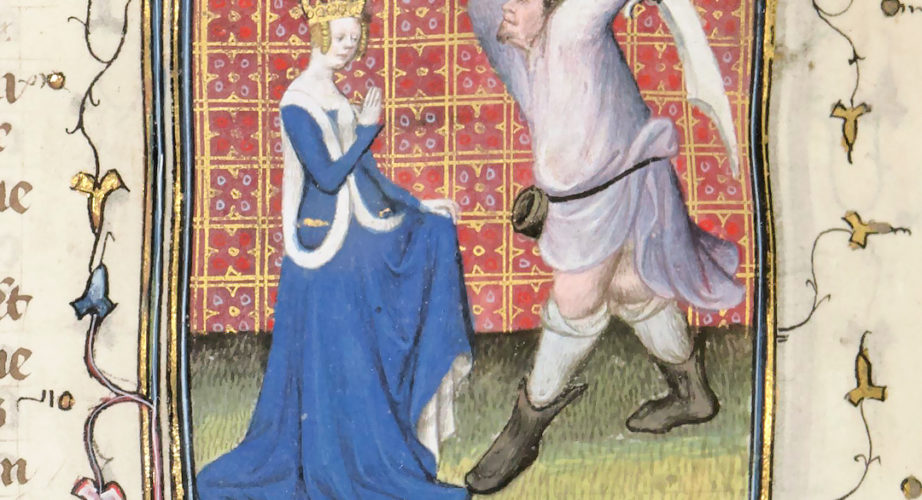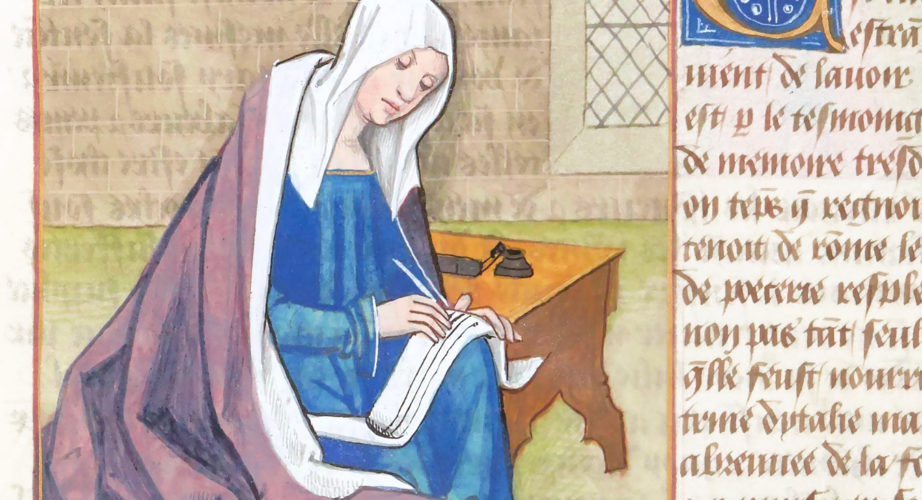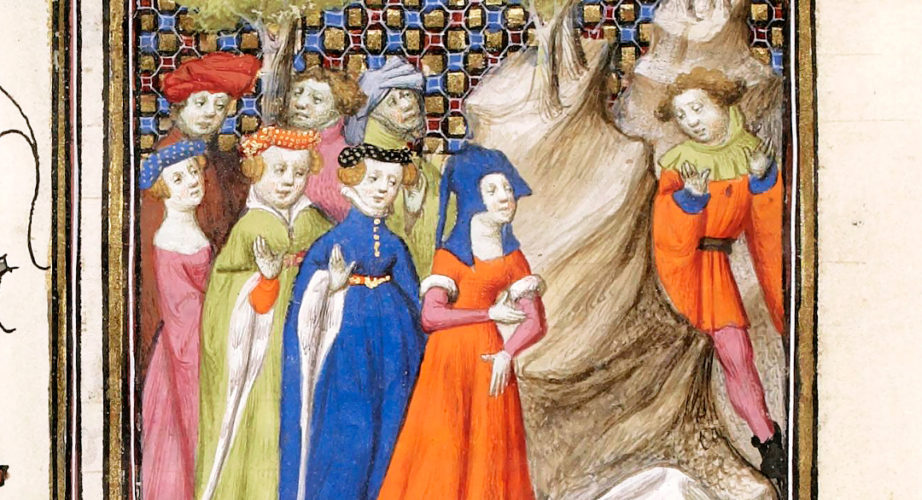Dido

Once again following Aeneas' travels, this week we head over to Africa and, more precisely, to the legendary city of Carthage: our protagonist this time is in fact Queen Dido (also known as Elissa), regarded as the founder of the city itself.
The story of Dido and Aeneas is perhaps one of the most tragic and well-known parts of the Aeneid. Before founding Carthage, Dido was originally the princess of Tyre, in modern-day Lebanon. Married to Sychaeus, her husband was however killed by her own brother in a fight for the throne; Dido thus fled her motherland with a great number of faithful men. The party eventually reached the lands of King Iarbas, who allowed the founding of the city: Dido thus created Carthage, and was repeatedly asked in marriage by Iarbas himself.
When Aeneas was shipwrecked on the shores of Carthage, however, he and Dido instantly fell in love thanks by the management of Juno and Venus. The rumor of their affair reached Iarbas who, coincidentally, was one of the many illicit sons of Jupiter himself: upon hearing the humiliation of his son, the god thus ordered the Trojan hero to set sail towards Italy. Dido, devastated, tried to persuade him to stay; unable to do so, she then cursed him, predicting an eternal hostility between their two people (thus foreseeing the Punic Wars between Rome and Carthage). With Aeneas finally leaving, Dido orchestrated her own death: standing on top of her own funeral pyre, the queen threw herself on a sword that she had received from Aeneas. From their ships, already into the open sea, Aeneas and his men observed the glow of the pyre, only able to guess what had just happened.
Aeneas would meet Dido again during his visit to the underworld: the queen, however, would not even look at him, turning away from her lover and reuniting with her former husband Sychaeus.
“Dido”, illumination from the manuscript “Livre des femmes nobles et renommees”, ms. Français 598, f. 61v, 1403, Bibliothèque nationale de France, Département des Manuscrits, Paris.
Historically and mythologically speaking, being in a powerful position (and perhaps also a…
The time has finally come for the very first Women’s Wednesday of 2021!…
Welcome back to another Women’s Wednesday! Our weekly Mulier Clara, much like Sappho…


